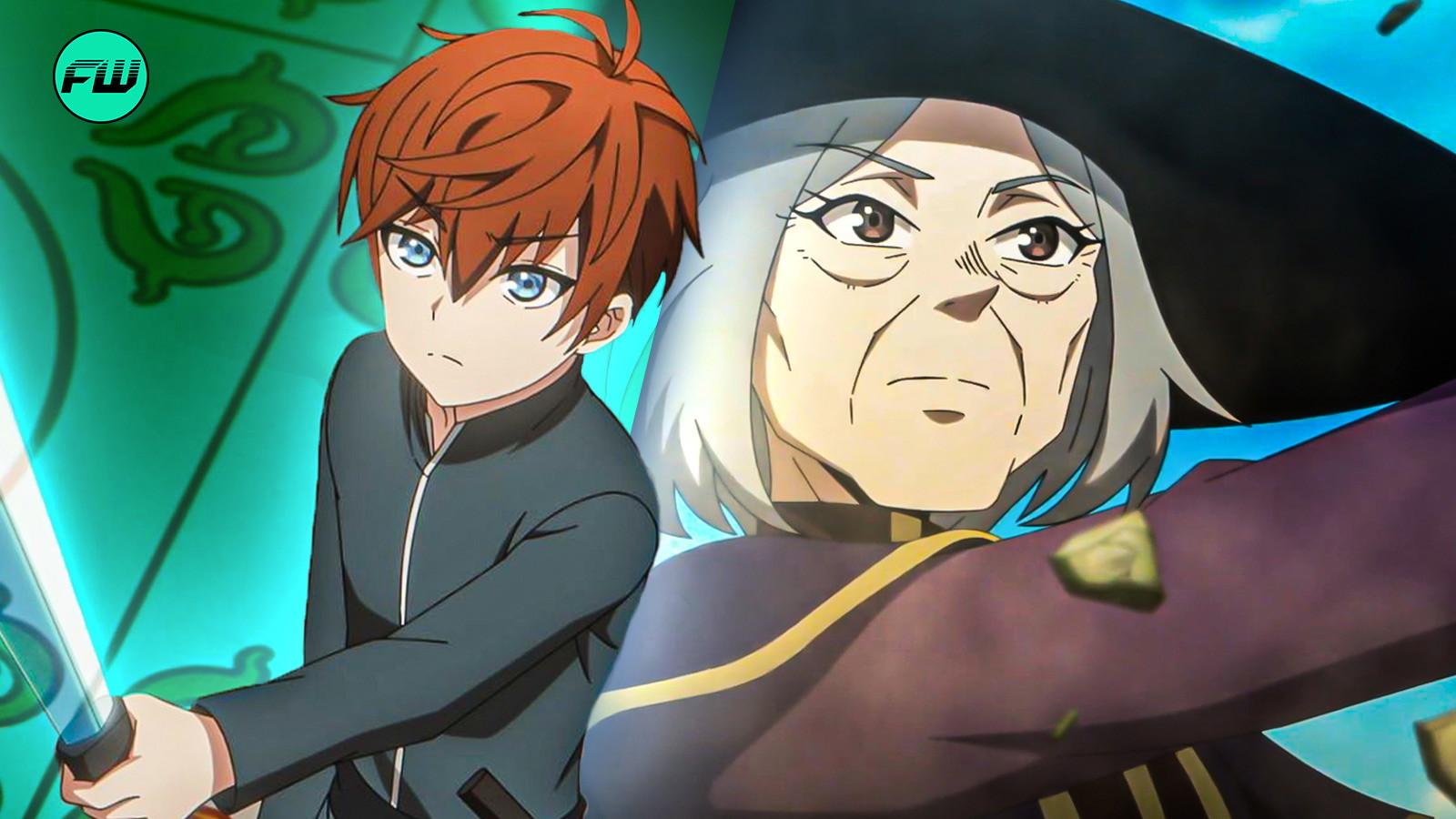
When you continuously do the same thing over and over again, it gets monotonous, boring, and bland. The Beginning After the End is that exact combination in anime format. There isn’t anything refreshing that is offered, and all that has been complained about previously doesn’t get fixed. On the bright side, it doesn’t seem to be worsening either. Then again, there is only one episode remaining for the season.
While previously I was unaware of what would become of this obviously suffering anime, it has become clear that exactly a year later, we would be here again. Except this time, I can only hope it is pleasing to the eyes. At times, it still baffles me a little as to how these grown adults can take a nine-year-old so seriously.
The Beginning After the End and the concept of prodigies
First and foremost, I have an issue with Isekai as a whole. I think it is a problematic genre with so many excuses to cover up blatant plot holes. Yet, ironically, one of my favorite pieces of media happens to be a reverse isekai. It has to do a lot with how the story is formed. The biggest factor of it all is not to take your audience as though they are fools.
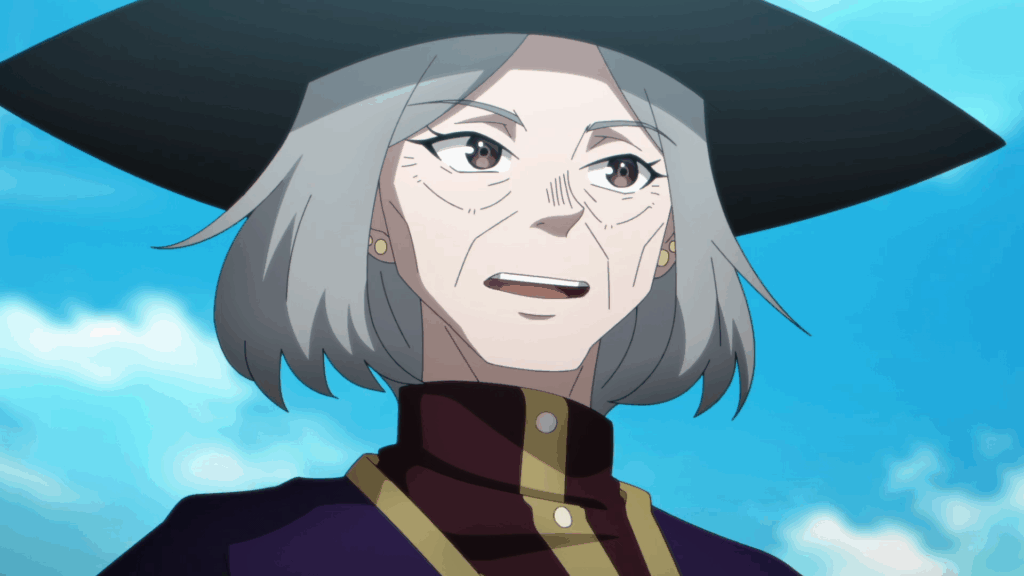
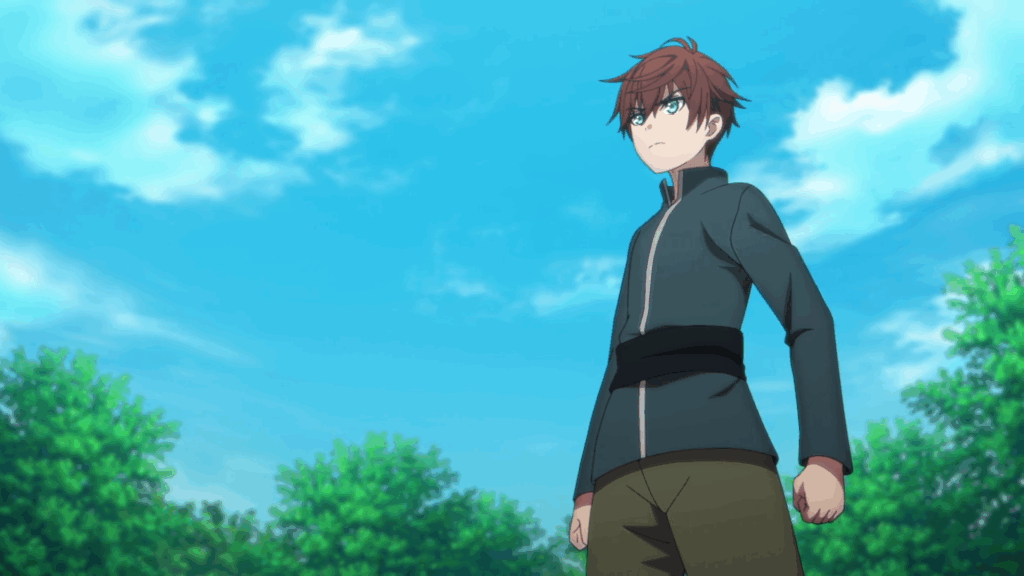
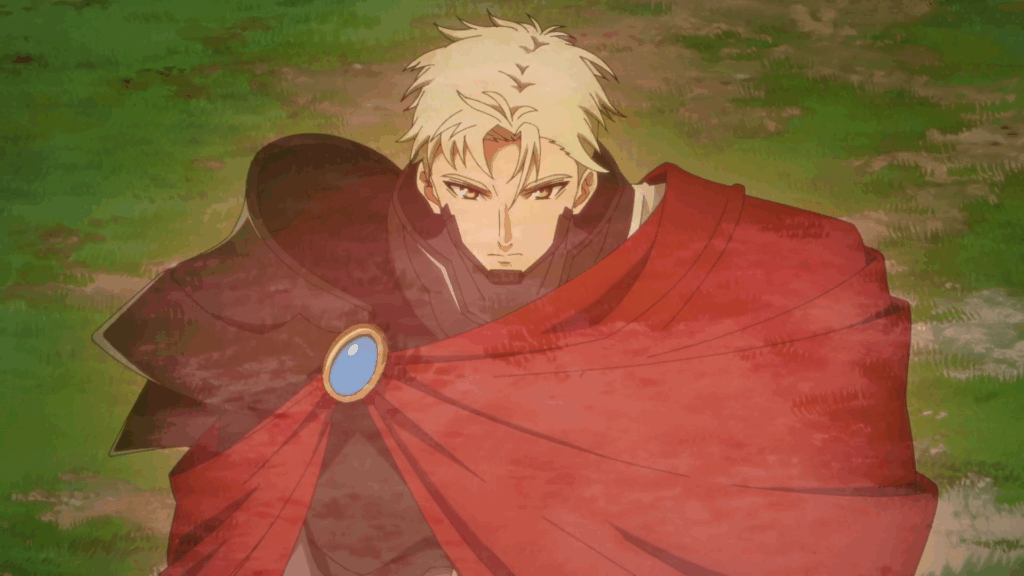
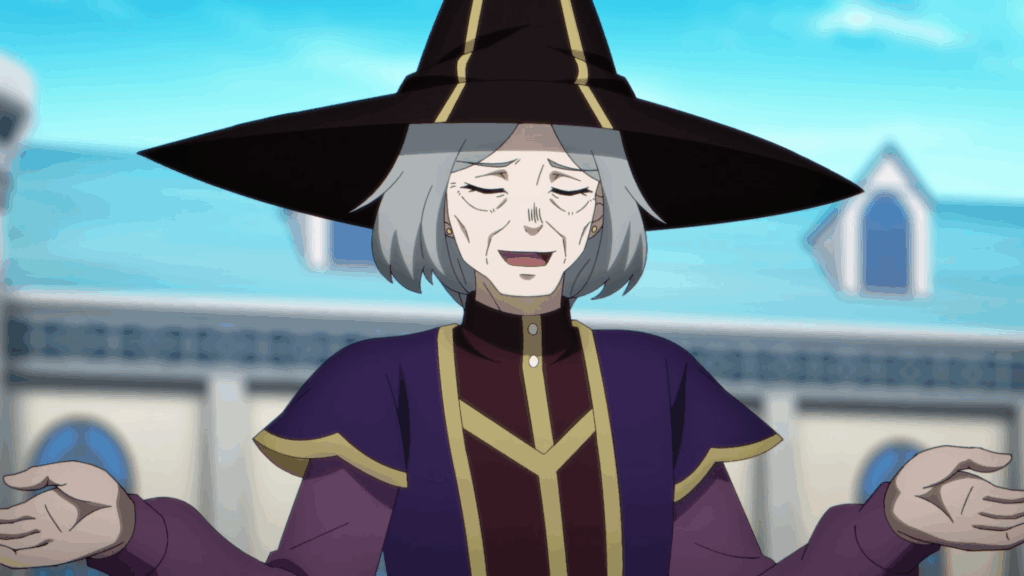
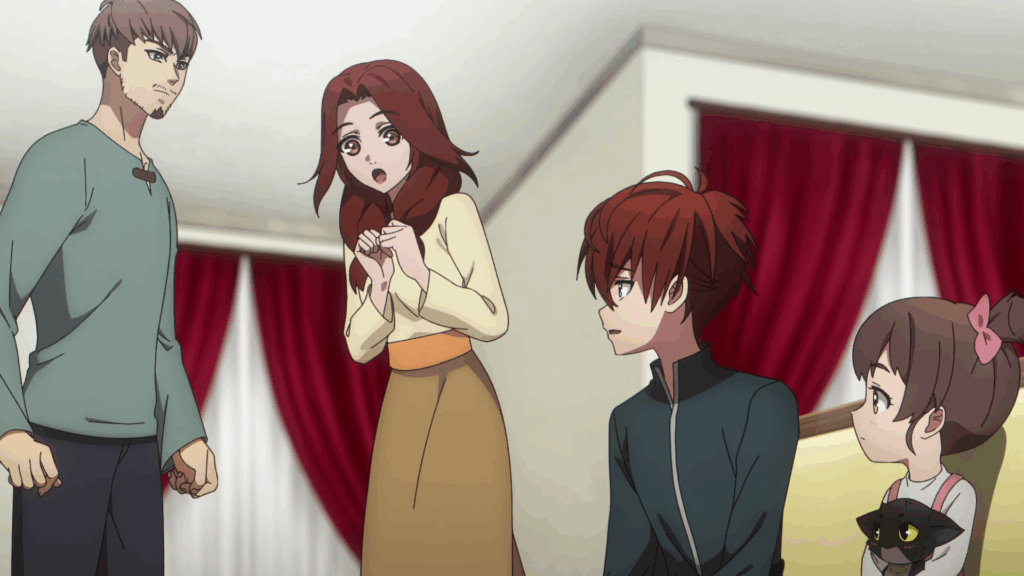
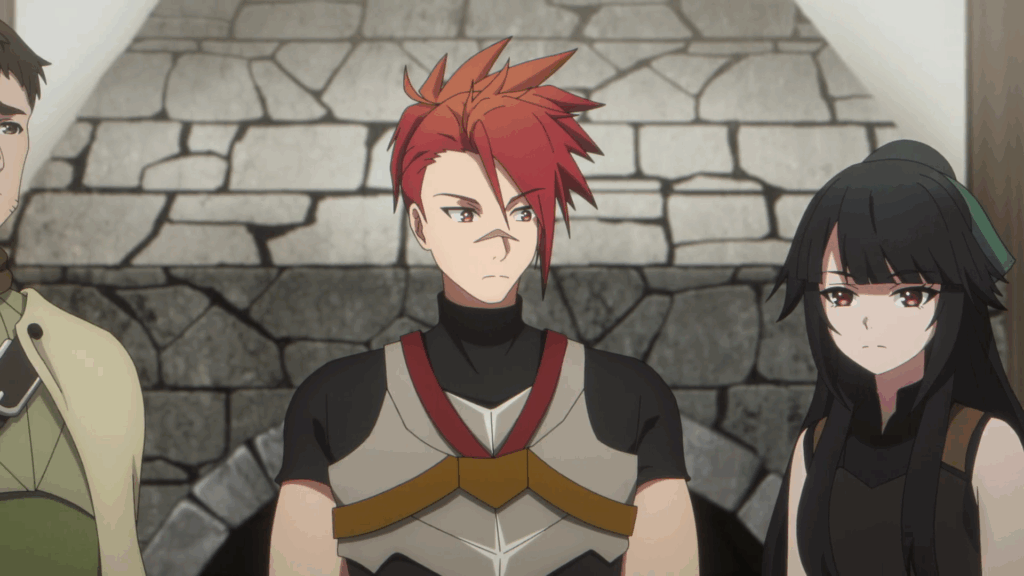
The Beginning After the End falls flat in exactly that. There is an obvious assumption through its narration that the story expects you to believe everything that Arthur or anyone else says. His conversation and ‘fight’ with the headmistress of Xyrus Academy had my jaw on the floor for all the wrong reasons. Of course, as a teacher, Cynthia is a good judge of character.
She sees potential, and she makes good use of it. It is her duty to find the best and make them even better. Cynthia even goes so far as to humble the boy after he has been constantly put on a pedestal for being unbelievably strong. So his battle with the headmistress gets him a direct ticket to the academy, but on the condition that he gets to live like a normal child, too.
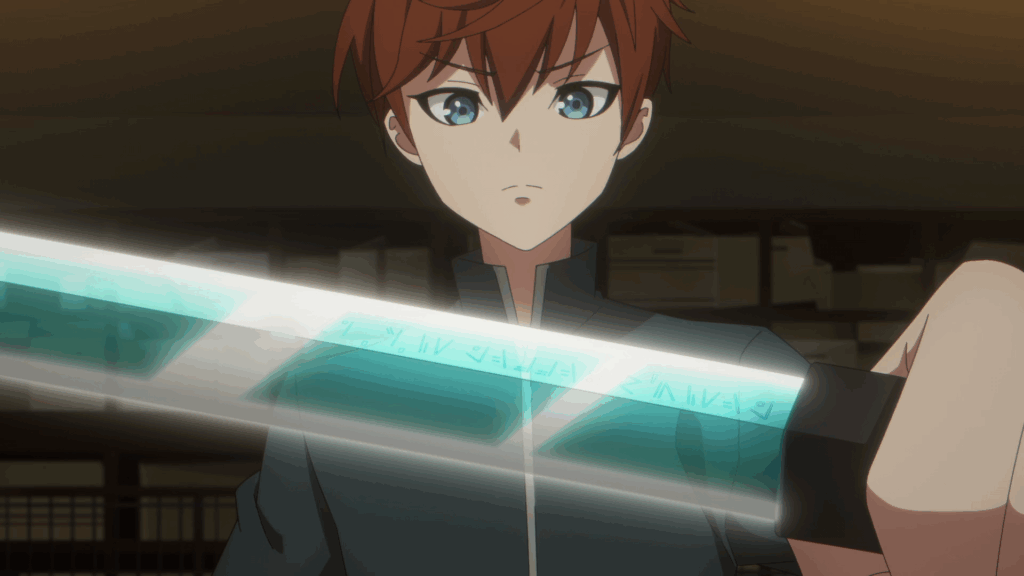
His idea of living like a normal child? Adventuring with adults while he tests out his powers and gradually grows stronger. The entire episode is then stretched into Arthur finding his swords and then having a last farewell on his 9th birthday with family and friends before he leaves.
Fantasy isn’t a pass to do everything without consequences
I do understand that I suck out a lot of what is potrayed here when I apply logic and compare it to real world problems. However, I did grow up solely reading fantasy novels. It isn’t as though fantasy cannot exist devoid of logic. It surely can. The problem arises when that genre and element get used as an excuse to make up for plots that don’t want to be explained.
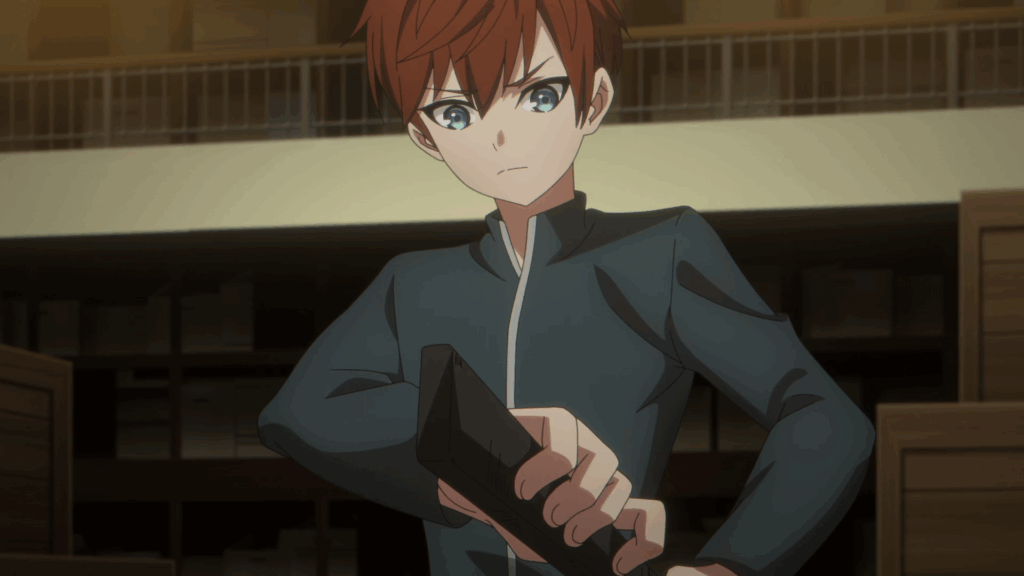
Much of Arthur’s arcs go about in the same manner. He just happens to be the strongest in the room, even when he’s not. Whether you call it aura or simply confidence, it doesn’t matter because he was never established to be the strongest man present, only that he was prodigiously strong. Something I truly admired about The Beginning After the End was that the main character had earned respect.
The anime is framed in such a way that everyone worships the ground Arthur walks on purely for existing. It isn’t because he is that good, but because that is how he presents himself. Perhaps this is why I enjoyed it when Cynthia showed him that he’s good but not the best yet.
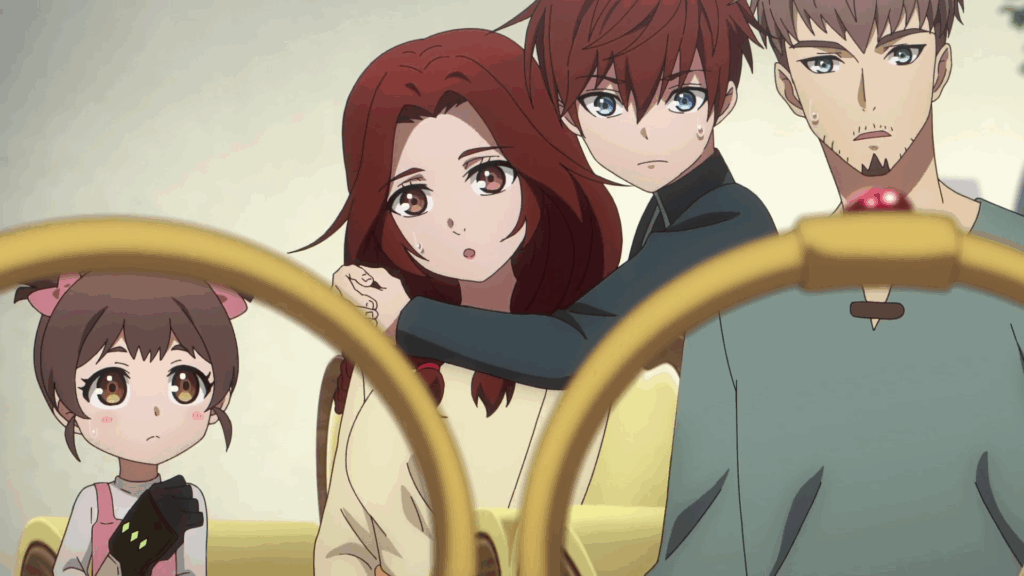
A lot of it could be fixed if Arthur were shown to be 13 or 15 instead of being 9. It is almost bizarre as to how much freedom this 9-year-old is being given. His sister, in comparison, wouldn’t be too much younger than him, but the difference isn’t one that stems from maturity but poor explanation. My problem isn’t that it is an Isekai or a fantasy anime; my problem is that it is bad at what it should be.
Rating: 2/10
The Beginning After the End is currently available to watch on Crunchyroll.
This post belongs to FandomWire and first appeared on FandomWire
